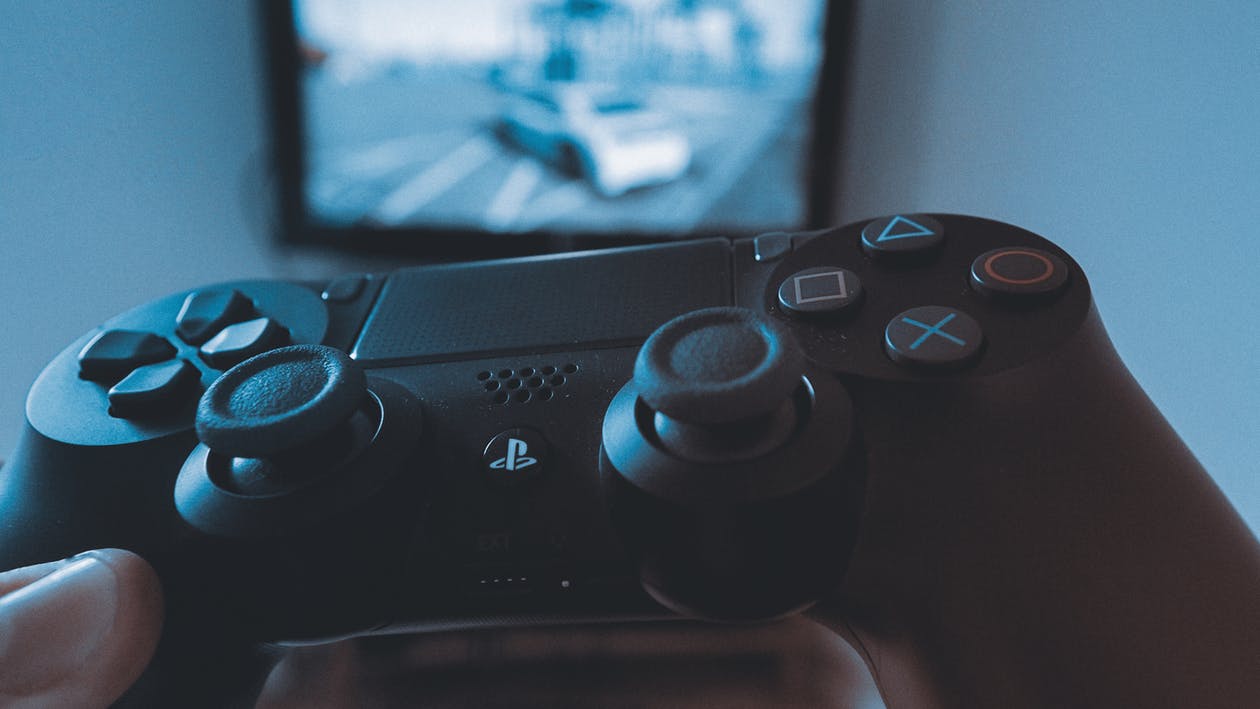Do you think you might be addicted to gaming? You might very well be right.
The World Health Organization, an agency of the U.N., is adding “Gaming Disorder” to its list of recognized mental health conditions in the upcoming version of the International Classification of Diseases (ICD). The diagnostic criteria are as follows:
… a pattern of persistent or recurrent gaming behavior (‘digital gaming’ or ‘video-gaming’), which may be online (i.e., over the internet) or offline, manifested by: 1) impaired control over gaming (e.g., onset, frequency, intensity, duration, termination, context); 2) increasing priority given to gaming to the extent that gaming takes precedence over other life interests and daily activities; and 3) continuation or escalation of gaming despite the occurrence of negative consequences.
What does this mean? In short, it means that doctors would be able to start giving official diagnoses of the condition as well as prescribe medication and other treatments for the specific diagnosis.
This move, while important, is not unprecedented. The Diagnostic and Statistical Manual of Mental Disorders (DSM-5) already noted “Internet Gaming Disorder” as worthy of further study for potential recognition as a disorder.
What this does not mean, however, is that playing games as a hobby or as employment, even for lengthy periods, is necessarily qualified as a disorder. The WHO stresses that in order to be a disorder, the behavior needs to be “of sufficient severity to result in significant impairment in personal, family, social, educational, occupational or other important areas of functioning.”
Regardless, the attention is an important step in the recognition of gaming as a growing mainstream interest, with the good and bad that entails.







Published: Dec 27, 2017 01:52 pm